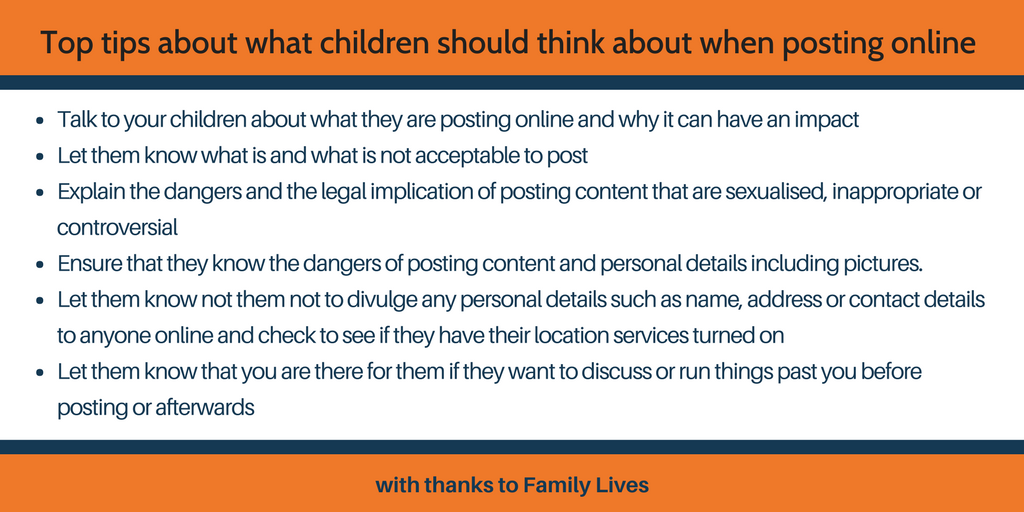
Understanding Digital Footprints
With all the different terms to describe online browsing, it can be difficult to keep up! In essence, a digital footprint is a trail of data you create while using the Internet. It includes the websites you visit, social media activity, emails you send, and information you submit to online services. It might be worrying to find out that your online activities are leaving a footprint but there are ways of managing this.
There are two types of digital footprints, passive and active. A passive footprint is when you leave a trail of data unintentionally. For example, you could be shopping online and your IP address is logged by the website, which gives the website data such as your internet service provider and your location. An active digital footprint is where the user intentionally shares information about themselves by using social media sites or sending emails.
Anyone who goes online has a digital footprint so it is not something to worry about; however, it is important to understand what kind of trail you are leaving. Deleting information or images will not delete your footprints. Think about your digital reputation, what you are posting online, sending and browsing. You may be on a night out, in high spirits with friends and out comes the phone for selfies and pictures. It is quite natural to want to post pictures of the night and share these with your friends. However, what happens the next day when you go through your phone and regret posting the images? Although you may delete the picture, the image will still be in cyberspace. Think twice about posting anything online without asking yourself, would this be something that I would be happy to post on a billboard in the middle of Piccadilly Circus. If the answer is no, then do not hit send.
It is important to talk to your children about their digital footprints and reputation, too. Many employers and universities often use Google, social network sites, etc. to find out more about prospective employees or students. The things that we may post as a teenager are going to be different to what we may post at the age of 20.

Being online opens up a world of possibilities but ensuring your family is safe is essential. For more information about online safety, please visit www.familylives.org.uk.
*****
Family Lives is a charity that helps anyone experiencing issues in their family life. We provide non-judgmental support and advice through our helpline on 0808 800 2222, online advice via our website and forums, befriending services and workshops.
Follow Family Lives:
Twitter: @FamilyLives
Facebook: @FamilyLives
Website: www.familylives.org.uk





 Originally Released On 16 April 2018
Originally Released On 16 April 2018